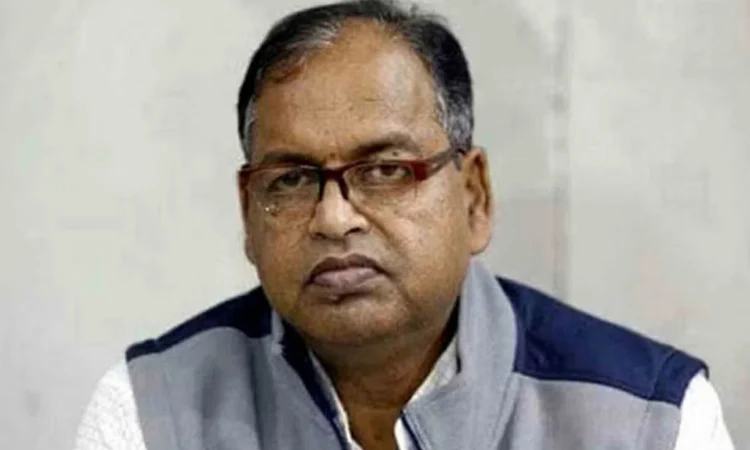BNP Vice-Chairman Shamsuzzaman Dudu on Sunday alleged that the interim government has compromised its impartiality, accusing it of veering towards partisan interests.
Speaking at a discussion event held at the National Press Club in the capital, Dudu expressed strong reservations about three members of the interim administration — advisers Asif Mahmud and Mahfuj Alam, both former organisers of last year’s student-led mass movement, and National Security Adviser Khalilur Rahman.
He argued that the failure to remove them would signal the interim government’s alignment with the agenda of a political party.
“The BNP and other political parties united in their struggle against the fascist Awami League regime to establish the right to a fair election,” Dudu said. “Removing Sheikh Hasina was only the first step — now we must restore democracy through a genuinely free and impartial election.”
Dudu stressed that the interim government must live up to its promise of neutrality and transparency. “When democracy triumphs, it must advance through a proper election,” he said.
Referring to recent controversies surrounding the advisers, Dudu made serious allegations: “An adviser — Khalilur Rahman — is attempting to sell out the country,” he claimed. “Two others are directly or indirectly affiliated with the National Citizen Party (NCP). If they are not removed, we will be forced to assume that the interim government is actively colluding with NCP.”
He further criticised the leadership of Chief Adviser Muhammad Yunus, urging the interim administration to demonstrate maturity and leadership.
“We expect the Yunus government to act with strength and responsibility by announcing an election timeline — not to behave in a childish or evasive manner,” he added.
Dudu’s remarks come amid mounting pressure on the interim administration to prove its neutrality in overseeing the transition to elections.
With growing scrutiny from opposition parties and civil society, questions around the influence of particular advisers — especially those perceived to have political affiliations — have added fuel to the broader national debate on the credibility of the electoral process.


